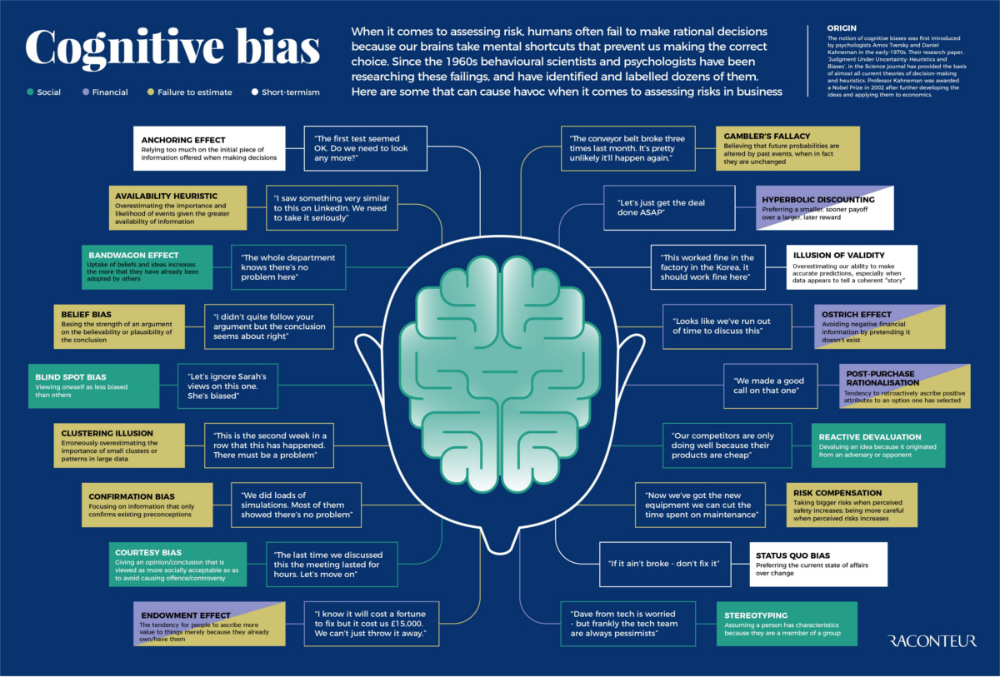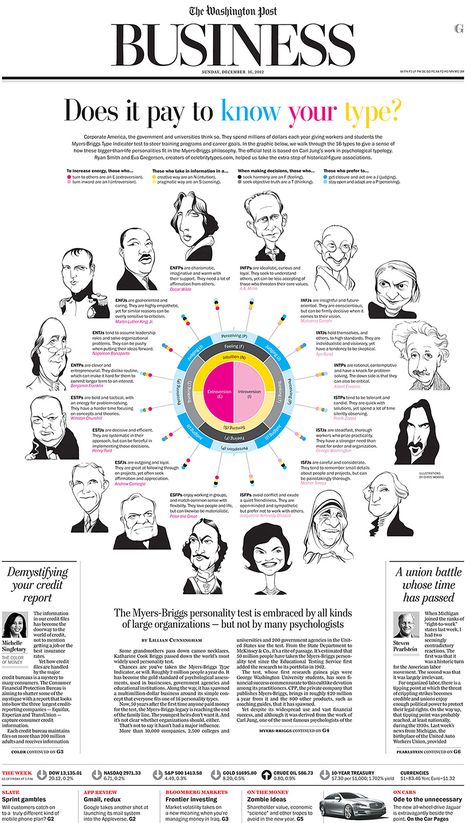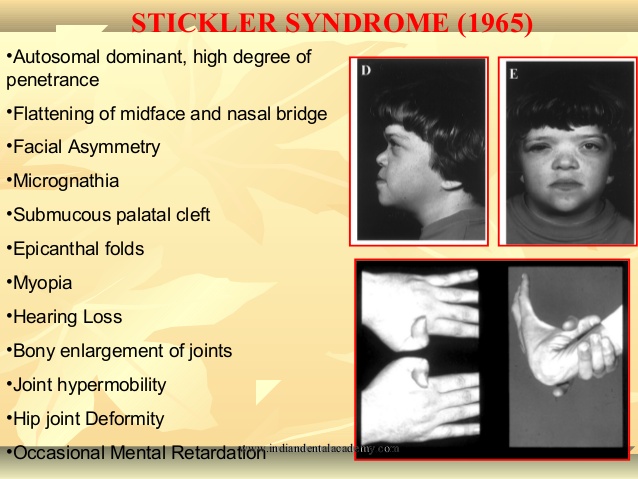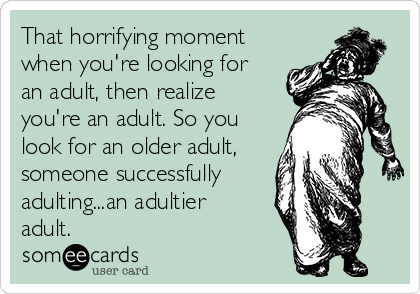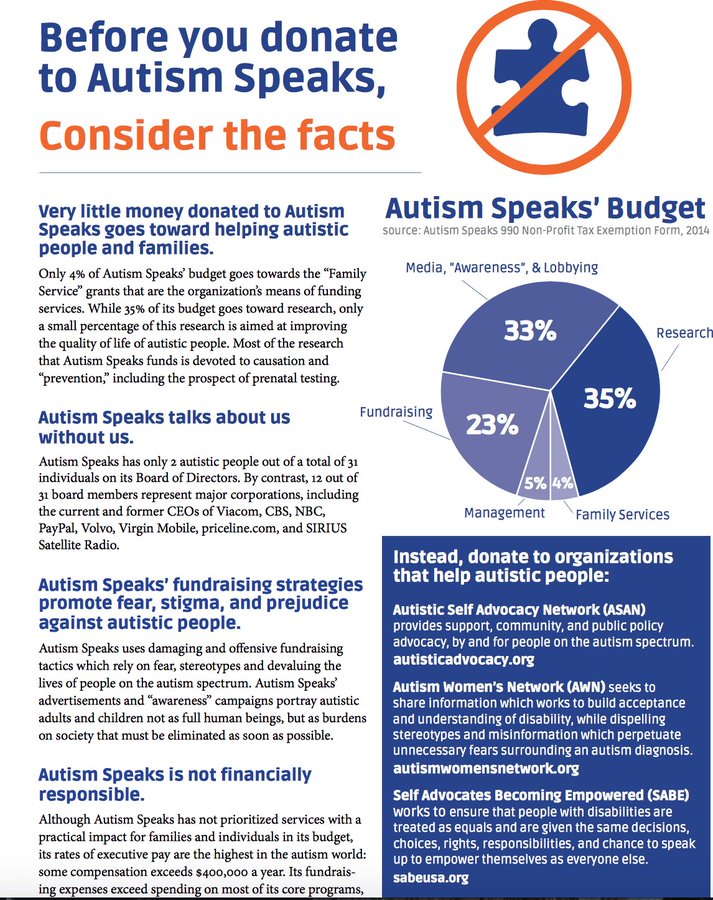Psychology of infatuation
Types of Love | Developmental Psychology
Sternberg’s Triangle of Love: Three Components
Sternberg (1988) suggests that there are three main components of love: passion, intimacy, and commitment. Love relationships vary depending on the presence or absence of each of these components. Passion refers to the intense, physical attraction partners feel toward one another. Intimacy involves the ability the share feelings, personal thoughts and psychological closeness with the other. Commitment is the conscious decision to stay together. Passion can be found in the early stages of a relationship, but intimacy takes time to develop because it is based on knowledge of the partner. Once intimacy has been established, partners may resolve to stay in the relationship. Although many would agree that all three components are important to a relationship, many love relationships do not consist of all three. Let’s look at other possibilities.
Liking: In this relationship, intimacy or knowledge of the other and a sense of closeness is present. Passion and commitment, however, are not. Partners feel free to be themselves and disclose personal information. They may feel that the other person knows them well and can be honest with them and let them know if they think the person is wrong. These partners are friends. However, being told that your partner ‘thinks of you as a friend’ can be a devastating blow if you are attracted to them and seek a romantic involvement.
Infatuation: Perhaps, this is Sternberg’s version of “love at first sight”. Infatuation consists of an immediate, intense physical attraction to someone. A person who is infatuated finds it hard to think of anything but the other person. Brief encounters are played over and over in one’s head; it may be difficult to eat and there may be a rather constant state of arousal. Infatuation is rather short-lived, however, lasting perhaps only a matter of months or as long as a year or so. It tends to be based on chemical attraction and an image of what one thinks the other is all about.
Fatuous Love: However, some people who have a strong physical attraction push for commitment early in the relationship. Passion and commitment are aspects of fatuous love. There is no intimacy and the commitment is premature. Partners rarely talk seriously or share their ideas. They focus on their intense physical attraction and yet one, or both, is also talking of making a lasting commitment. Sometimes this is out of a sense of insecurity and a desire to make sure the partner is locked into the relationship.
Empty Love: This type of love may be found later in a relationship or in a relationship that was formed to meet needs other than intimacy or passion (money, childrearing, status). Here the partners are committed to staying in the relationship (for the children, because of a religious conviction, or because there are no alternatives perhaps), but do not share ideas or feelings with each other and have no physical attraction for one another.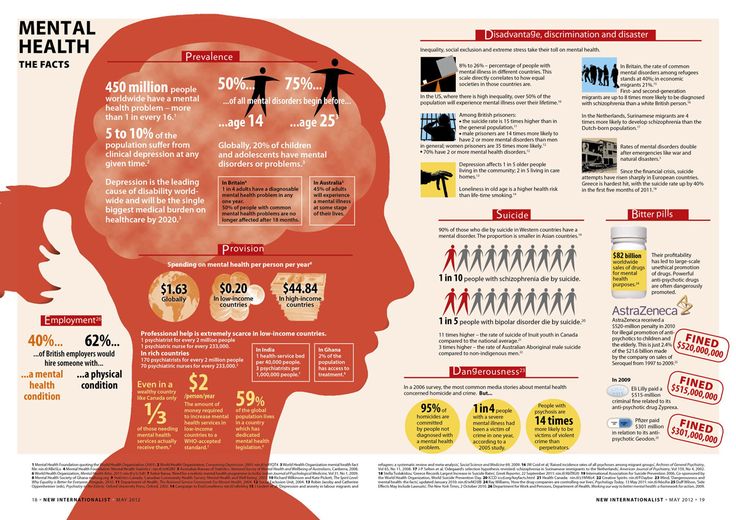
Romantic Love: Intimacy and passion are components of romantic love, but there is no commitment. The partners spend much time with one another and enjoy their closeness but have not made plans to continue ‘no matter what’. This may be true because they are not in a position to make such commitments or because they are looking for passion and closeness and are afraid it will die out if they commit to one another and start to focus on other kinds of obligations.
Companionate Love: Intimacy and commitment are the hallmarks of companionate love. Partners love and respect one another and they are committed to staying together. But their physical attraction may have never been strong or may have just died out. This may be interpreted as ‘just the way things are’ after so much time together or there may be a sense of regret and loss. Nevertheless, partners are good friends committed to one another.
Consummate Love: Intimacy, passion, and commitment are present in consummate love.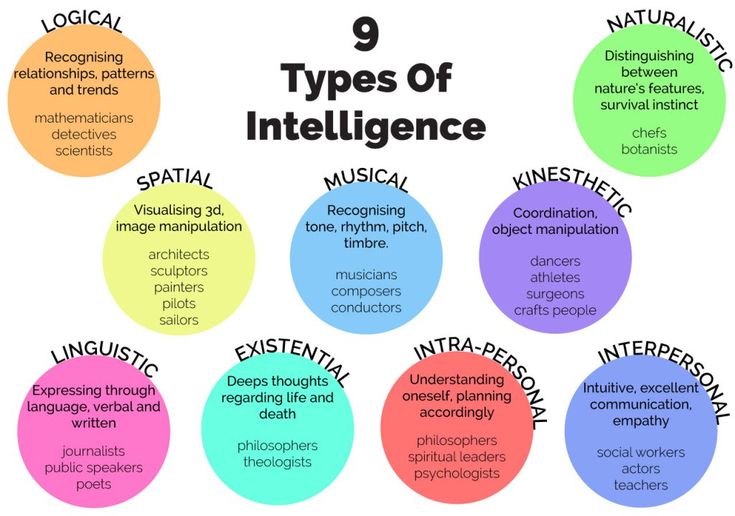 This is often the ideal type of love. The couple shares passion; the spark has not died, and the closeness is there. They feel like best friends as well as lovers and they are committed to staying together.
This is often the ideal type of love. The couple shares passion; the spark has not died, and the closeness is there. They feel like best friends as well as lovers and they are committed to staying together.
Types of Lovers
Lee (1973) offers a theory of love styles or types of lovers derived from an analysis of writings about love through the centuries. As you read these, think about how these styles might become part of the types of love described above.
Pragma is a style of love that emphasizes the practical aspects of love. The pragmatic lover considers compatibility and the sensibility of their choice of partners. This lover will be concerned with goals in life, status, family reputation, attitudes about parenting, career issues and other practical concerns.
Mania is a style of love characterized by volatility, insecurity, and possessiveness. This lover gets highly upset during arguments or breakups, may have trouble sleeping when in love, and feels emotions very intensely.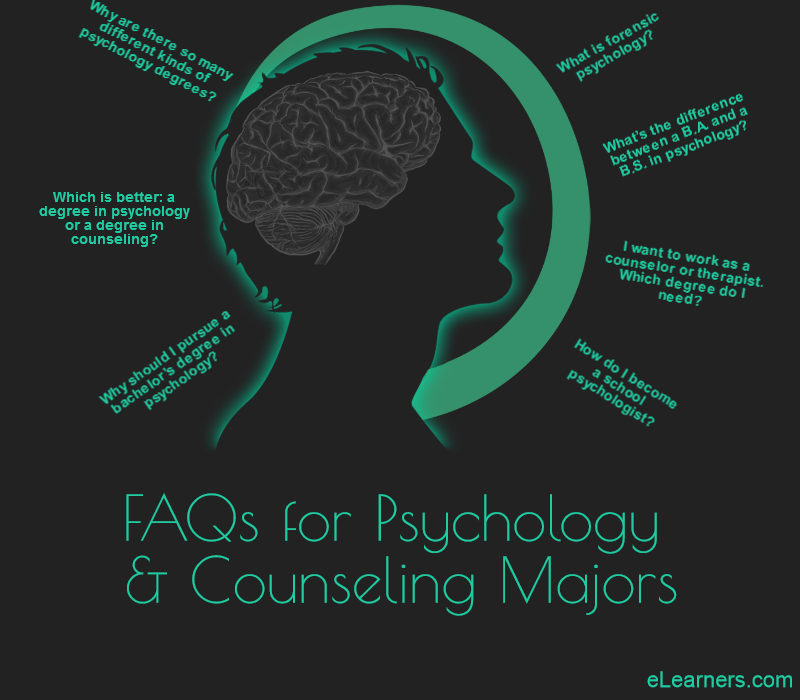
Agape is an altruistic, selfless love. These partners give of themselves without expecting anything in return. Such a lover places the partner’s happiness above their own and is self-sacrificing to benefit the partner.
Eros is an erotic style of loving in which the person feels consumed. Physical chemistry and emotional involvement are important to this type of lover.
Ludus refers to a style of loving that emphasizes the game of seduction and fun. Such a lover stays away from commitment and often has several love interests at the same time. This lover does not self-disclose and in fact may prefer to keep the other guessing. This lover can end a relationship easily.
Storge is a style of love that develops slowly over time. It often begins as a friendship and becomes sexual much later. These partners are likely to remain friends even after the breakup.
Frames of Relationships
Another useful way to consider relationships is to consider the amount of dependency in the relationship.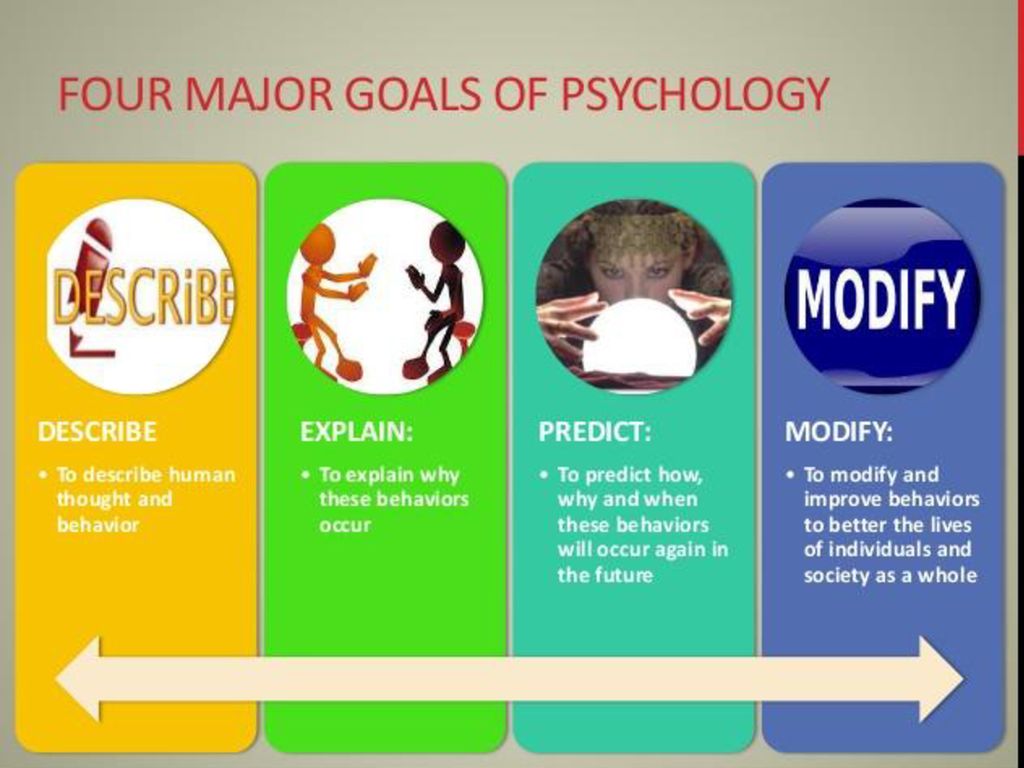 Davidson (1991) suggests three models. The A-frame relationship is one in which the partners lean on one another and are highly dependent on the other for survival. If one partner changes, the other is at risk of ‘falling over’. This type of relationship cannot easily accommodate change and the partners are vulnerable should change occur. A breakup could be devastating.
Davidson (1991) suggests three models. The A-frame relationship is one in which the partners lean on one another and are highly dependent on the other for survival. If one partner changes, the other is at risk of ‘falling over’. This type of relationship cannot easily accommodate change and the partners are vulnerable should change occur. A breakup could be devastating.
The H-frame relationship is one in which the partners live parallel lives. They rarely spend time with one another and tend to have separate lives. What time they do share is usually spent meeting obligations rather than sharing intimacies. This independent type of relationship can end without suffering emotionally.
The M-frame relationship is interdependent. Partners have a strong sense of connection but also are able to stand alone without suffering devastation. If this relationship ends, partners will be hurt and saddened, but will still be able to stand alone.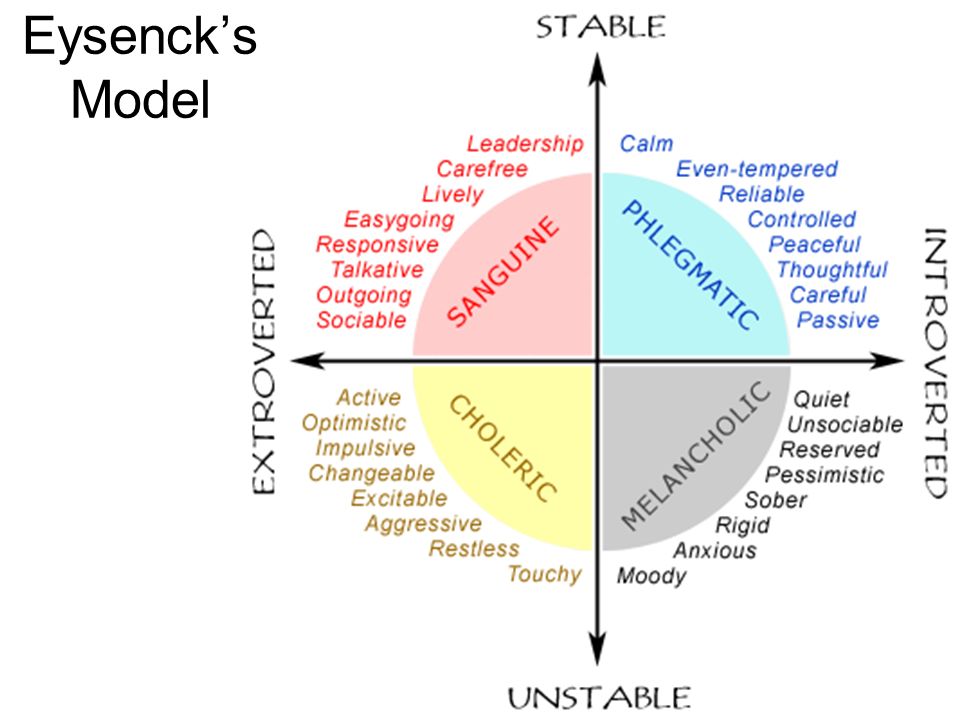 This ability comes from a strong sense of self-love. Partners can love each other without losing a sense of self. And each individual has self-respect and confidence that enriches the relationship as well as strengthens the self.
This ability comes from a strong sense of self-love. Partners can love each other without losing a sense of self. And each individual has self-respect and confidence that enriches the relationship as well as strengthens the self.
We have been looking at love in the context of many kinds of relationships. In our next lesson, we will focus more specifically on marital relationships. But before we do, we examine the dynamics of falling in and out of love.
The Process of Love and Breaking Up
Reiss (1960) provides a theory of love as process. Based on the wheel theory of love, love relationships begin with the establishment of rapport.
Rapport involves sharing likes, preferences, establishing some common interests. The next step is to begin to disclose more personal information through self-revelation. When one person begins to open up, the social expectation is that the other will follow and also share more personal information so that each has made some risk and trust is built.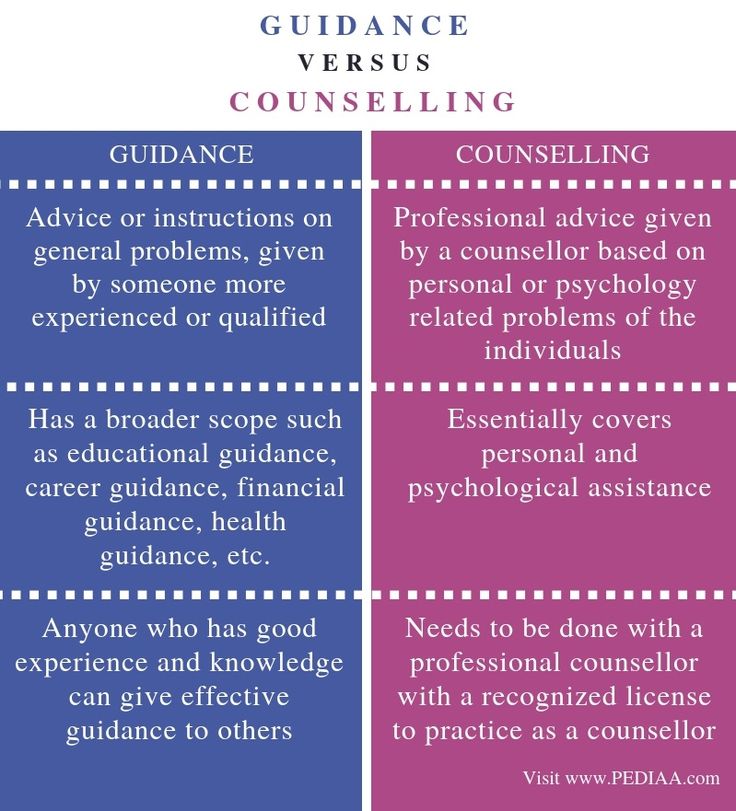 Sexual intimacy may also become part of the relationship. Gradually, partners begin to disclose even more about themselves and are met with support and acceptance as they build mutual dependency. With time, partners come to rely on each other for need fulfillment. The wheel must continue in order for love to last. It becomes important for partners to continue to establish rapport by discussing the day’s events, communicating about their goals and desires, and showing signs of trust. Partners must continue to rely on one another to have certain needs fulfilled. If the wheel turns backward, partners talk less and less, rely less on one another and are less likely to disclose.
Sexual intimacy may also become part of the relationship. Gradually, partners begin to disclose even more about themselves and are met with support and acceptance as they build mutual dependency. With time, partners come to rely on each other for need fulfillment. The wheel must continue in order for love to last. It becomes important for partners to continue to establish rapport by discussing the day’s events, communicating about their goals and desires, and showing signs of trust. Partners must continue to rely on one another to have certain needs fulfilled. If the wheel turns backward, partners talk less and less, rely less on one another and are less likely to disclose.
Process of Disaffection: Breaking Up
When relationships are new, partners tend to give one another the benefit of the doubt and focus on what they like about one another. Flaws and imperfections do not go unnoticed; rather, they are described as endearing qualities. So, for example, the partner who has a very large nose is described as ‘distinguished’ or as having a ‘striking feature. ’ This is very exhilarating because features that someone may have previously felt self-conscious about are now accepted or even appreciated. However, once partners begin the process of breaking up, these views are abandoned and questionable qualities are once again flaws and imperfections.
’ This is very exhilarating because features that someone may have previously felt self-conscious about are now accepted or even appreciated. However, once partners begin the process of breaking up, these views are abandoned and questionable qualities are once again flaws and imperfections.
Kersten (1990) provides a look at the dynamics of breaking up. Although this work is primarily about divorce, the dynamics of dissolving any long-term relationship are similar. The beginning phase of breaking up involves seeing imperfections in the relationship but remaining hopeful that things will improve. This improvement will require the partner’s cooperation because they are primarily at fault. So, as long as the offending partner makes the necessary changes, and of course the offended partner will provide the advice, support, and guidance required, the relationship will continue. (If you are thinking that this is not going to work-you are right. Attempts to change one’s partner are usually doomed to failure.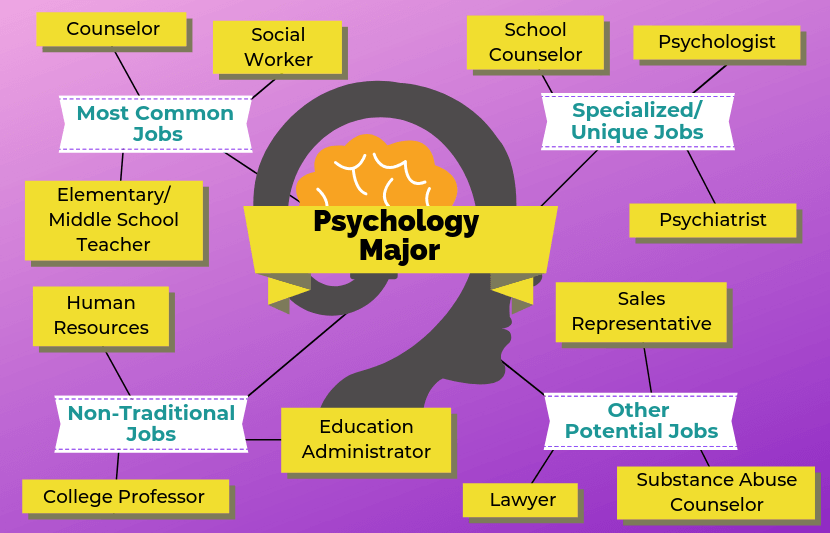 Would you want your partner to try to change you?)
Would you want your partner to try to change you?)
Once it becomes clear that efforts to change are futile, the middle phase is entered. This phase is marked by disappointment. Partners talk less and less, make little eye contact, and grow further apart. One may still try to make contact, but the other is clearly disengaged and is considering the benefits and costs of leaving the relationship.
In the end phase, the decision to leave has been made. The specific details are being worked out. Turning a relationship around is very difficult at this point. Trust has diminished, and thoughts have turned elsewhere. This stage is one of hopelessness.
We will explore marriage, divorce, and cohabitation more fully in our next lesson.
How to Tell the Difference
Ignoring relationship red flags and fantasizing about the perfect life with someone you just met may be signs of infatuation versus love.
Being swept off your feet or “head over heels” for someone new — despite not knowing them very well — is often referred to as infatuation.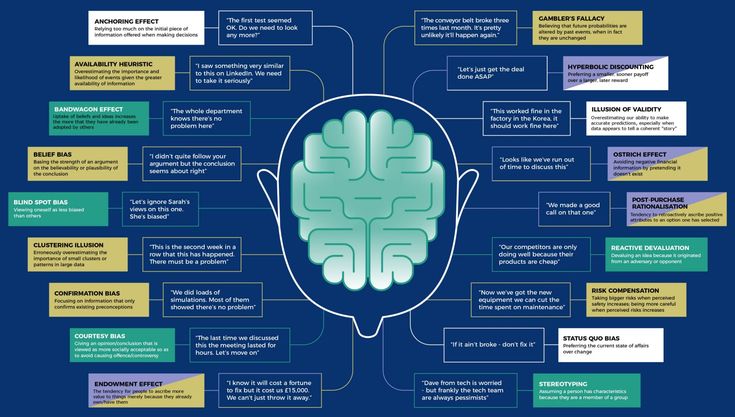
Infatuation is also a deep sense of connection, mainly based on the idealization of someone else. It can feel intense, passionate, and beyond reason. Many may refer to it as love at first sight.
Love, on the other hand, may be less oblivious to another person’s shortcomings or incompatibilities. It exists despite those.
Love also looks to celebrate differences and build a connection that allows both people to thrive as individuals. It may require intentional work and effort from each partner to come together in disagreement to work toward a mutual goal. Love is a choice.
The difference between infatuation versus love is often one of assumption versus reality.
“With infatuation, there’s usually a connection; you usually have at least one thing in common, but the high it creates for someone is based usually on a fantasy that we have created about the person, an idealized version of them,” explains Sarah Moore, a licensed professional counselor from Arlington, Virginia.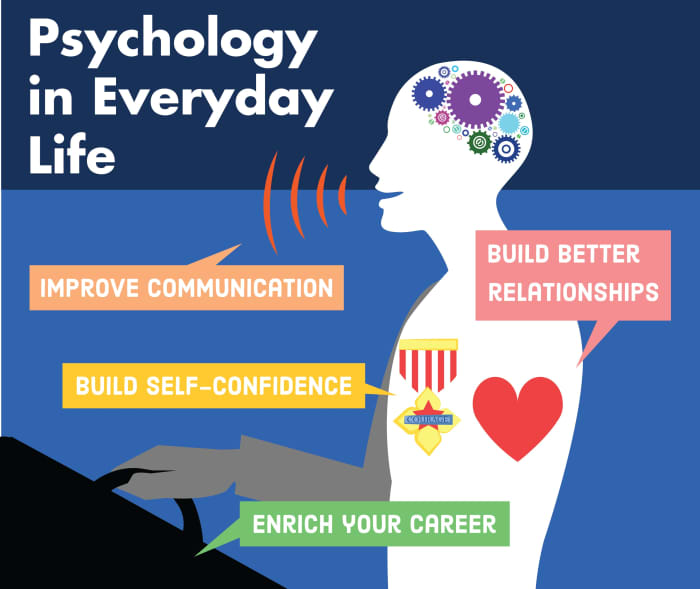
Here are other differences between love and infatuation:
Perfection vs. individuality
Infatuation can lead you to see someone as flawless or ideal, despite evidence of differences, says Dr. Dug Y. Lee, a board certified couple and family psychologist and professor from Bellevue, Washington.
Love, on the other hand, has identified and acknowledged differences as individuality, accepting the partner as a whole.
Lee explains infatuation might make you put a positive spin on undesirable characteristics instead of accepting them, for example, whereas love will be empathetic, kind, and looking to problem solve challenges without denial they exist.
In extreme situations, infatuation may lure you into an abusive relationship by blinding you to important red flags.
Craving vs. satisfaction
Moore says the feelings that come along with infatuation are often similar to a “high,” including:
- heightened arousal
- excessive laughter
- anticipation
- longing
This could lead you to engage in behaviors that may not be safe for you or others.
Love can also involve feelings of excitement about being with the other person; however, love typically allows for you to feel content in your relationship, free of constant craving for that other person or the anxiety that it may cause you the uncertainty of their feelings.
Assumptions vs. intimacy
“On a truly personal level, you don’t know the individual all that well,” Dr. Joann Mundin, a board certified psychiatrist from Sacramento, explains of infatuation. “Most of what you know about the individual is superficial, either on their looks or how they behave in a group.”
Love involves a sense of real intimacy; knowing things about your partner other people aren’t privy to, witnessing vulnerability and emotional need, and being trusted with potentially hurtful information.
Planning the future vs. future planning
Mundin adds it’s also common for people experiencing infatuation to fantasize about the ideal future they may or could have with the other person.
These fantasies may involve vacations they’ll go on, children they’ll have, or achievements they’ll receive — all without input from the other person. Infatuation may even lead you to believe the other person is in love with you, without this being the case.
Love may take a more practical approach to the future. Couples in love often discuss career, marriage, and children goals together after feelings and the relationship have proven stable.
Is infatuation the first stage of love?
Infatuation can be the first stage of love, but not everyone experiences infatuation. You can meet someone wonderful without that love-at-first-sight rush.
Mundin emphasizes that infatuation can turn into love, but only if you’re willing to let go of the perfect fantasy and overcome any disappointment that brings.
“Infatuation is selfish because it makes you feel good to fantasize about the individual, but in truth, it’s likely that they aren’t as perfect as you believe,” she says.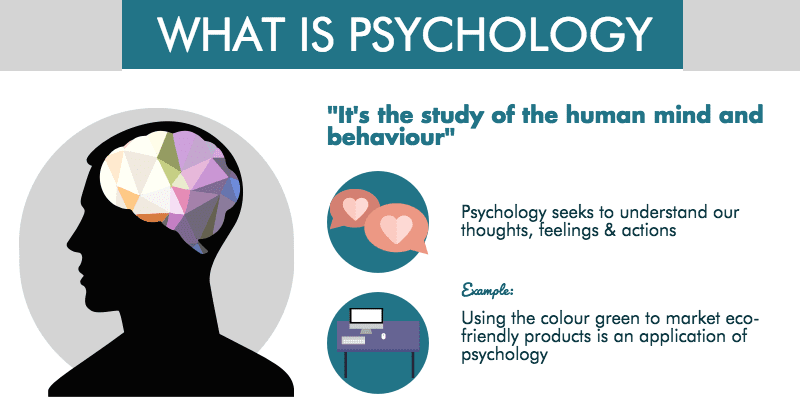 “Yes, it can develop into love if you are willing to compromise, give, and work things out with the person you are fascinated with.”
“Yes, it can develop into love if you are willing to compromise, give, and work things out with the person you are fascinated with.”
In other words, you may need to be disillusioned in order to truly fall in love.
Long-term commitments don’t usually survive on infatuation alone, but you may experience infatuation for years, depending on the circumstances.
“Usually, infatuation lasts for between 18 months and three years,” says Mundin. “Unless a long-distance relationship is involved or an extremely insecure individual is fascinated, infatuation rarely lasts longer.”
The remnants of infatuation may help strengthen a relationship, however, according to Lee.
Through a continued process of maximizing your partner’s strengths over their weaknesses, you can maintain a sense of joy and excitement that isn’t ruled by fantasy.
Infatuation is often a fantasy-based, passionate longing for someone else. It can prevent you from acknowledging their weaknesses, and may even land you in an unhealthy situation.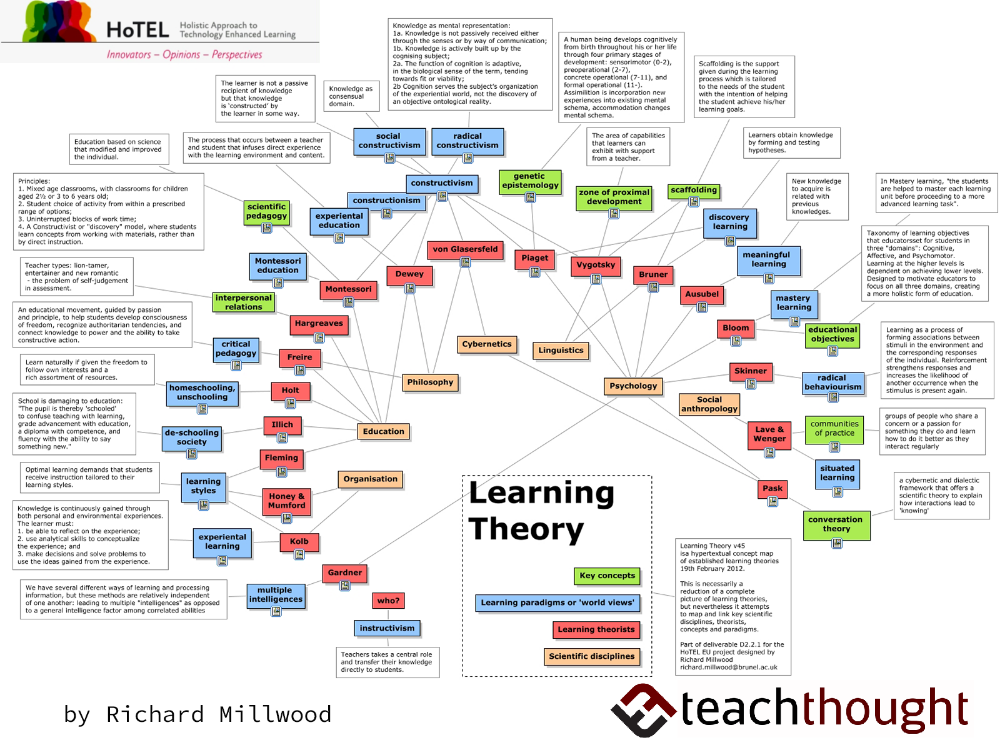
Love is often based in reality and is fed on closeness and knowledge of the other person. You respect your partner’s differences, enjoy true intimacy, and work together as a team.
While infatuation can lead to love, it may require you to let go of the fantasy and embrace differences, shortcomings, and individuality.
Falling in love: a sweet disease of the soul and body Kozlov, Doctor of Psychology, Professor
Rector of the University of Practical Psychology
Film "Ice Age 3: Dawn of the Dinosaurs"
Falling in love is a trance state of fascination and admiration, attraction and attachment, a mixture of hormone chemistry and romantic infatuation. In fiction, as in everyday communication, falling in love is called love, considered a kind of love, although there is only an external resemblance between them. Falling in love, a sweet illness of the soul and body, is the most common and most striking fake for love. nine0003
Love and infatuation should not be confused, they are as different things as an exclusive work of a master and consumer goods from the market.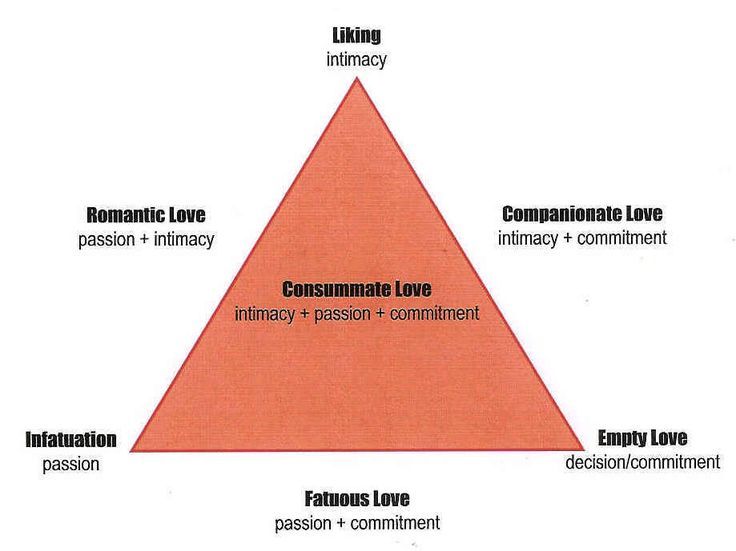
Are different types of love equivalent, are they equivalent? Can one say that one form or kind of love is more perfect than another? Is it possible to find the most perfect kind of love? All these are questions about the Formula of Love: a short formulation that expresses the essence of Love with a capital letter. See formula of love
Film "Ordinary Miracle"
The ability to love is an indicator of mental health and wealth, and the tendency to fall in love speaks rather of childhood personality traits, and in some cases neurosis.
However, to understand how falling in love differs from love, few people want it, and falling in love has been and remains the most demanded and popular topic of both fiction and psychological training. People want to fall in love, and even more - to fall in love with them. Falling in love is cool and status, and seeing people in love with you is doubly cool and status, so the pickup truck and the art of seduction always have their own passionately interested audience.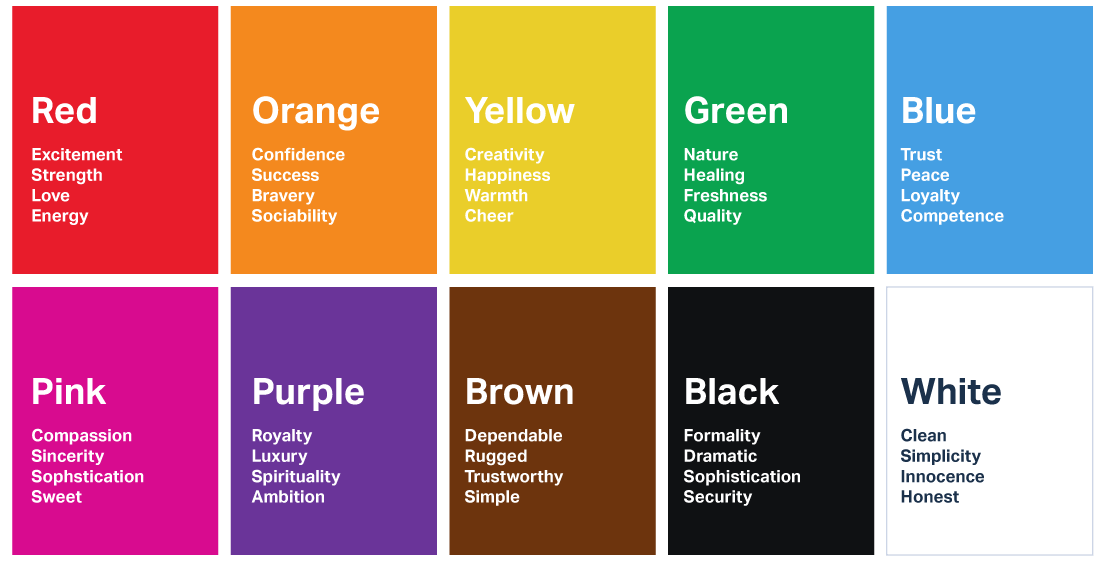 nine0003
nine0003
Admittedly, when being in love is dressed up in the clothes of love, it can be stunningly beautiful. The best works of art, the brightest poems and the most incredible follies are born of love - more precisely, falling in love, rising, at least for a short time, to love.
The film "The young peasant woman"
Our dates every moment
We celebrated like an epiphany,
Alone in the world. You were
Faster and lighter than a bird's wing0005 Up the stairs like dizzy
I ran down the stairs and led
Through the wet lilac to your domain
On the other side of the mirror glass.
When night fell, I had mercy
Darovana, altar gate
Opened, and glowed in the dark
And nudity was slowly sinking,
And, waking up: "Be blessed!" –
I spoke and knew that boldly
My blessing: you were sleeping,
And touch the eyelids of the blue universe
The lilac reached out to you from the table,
And blue touched eyelids
They were calm, and the hand was warm.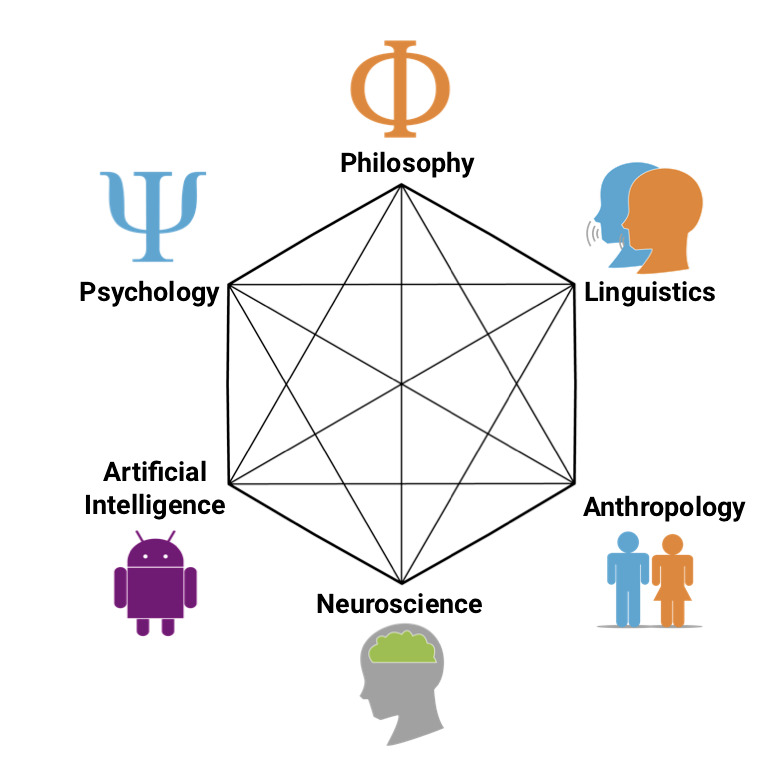
Author Arseniy Tarkovsky
Falling in love is like a powerful medicine: it saves someone, kills someone, in any case it creates a lot of noise and emotions around you. Falling in love at a certain age is not difficult - you don’t need a lot of mind, for this, first of all, you need a state of pre-love: a special nervous state when you really want to fall in love and are ready. Ready to fall in love. In English, it sounds literally: "fall in love." In Russian, it is formulated in different ways: “I fell in love with her”, “I fell for her”, “He made me crazy”, “she blows my mind” ...
As mysterious as falling in love may seem, it usually arises according to a fairly standard formula. Namely, Falling in love = Pre-love + Imprinting the Beloved + Promotion of the experience of love. Unfortunately, falling in love usually ends according to the same standard formula: addiction - disappointment - showdown. A romantic passion lasts a maximum of three years, then the body gets used to it and the chemistry ceases to act. That is why linking love and something serious, such as a family, is rather dangerous. “Love” has passed, the tomatoes have withered, and you have news: you are already expecting a baby ...
That is why linking love and something serious, such as a family, is rather dangerous. “Love” has passed, the tomatoes have withered, and you have news: you are already expecting a baby ...
Being in love is like a wild, unbroken stallion. From a distance - beautiful, near - scary. An inexperienced rider on such a stallion will demolish half the yard, trample those around him, and eventually break his neck. An experienced fighter from such a stallion will bring up his best horse ... - so, love can grow out of love, and only such love can burn all his life.
Love is less common than falling in love and requires more depth and wisdom from a person. Love, as a reflection of culture, must be nurtured in oneself. To fall in love, it is enough to be healthy. There is a lot to be learned in order to be loving and to love. Love needs to be learned, and love needs to grow. But just as a journey of a thousand miles begins with the first step, so the road to love begins, as a rule, with falling in love.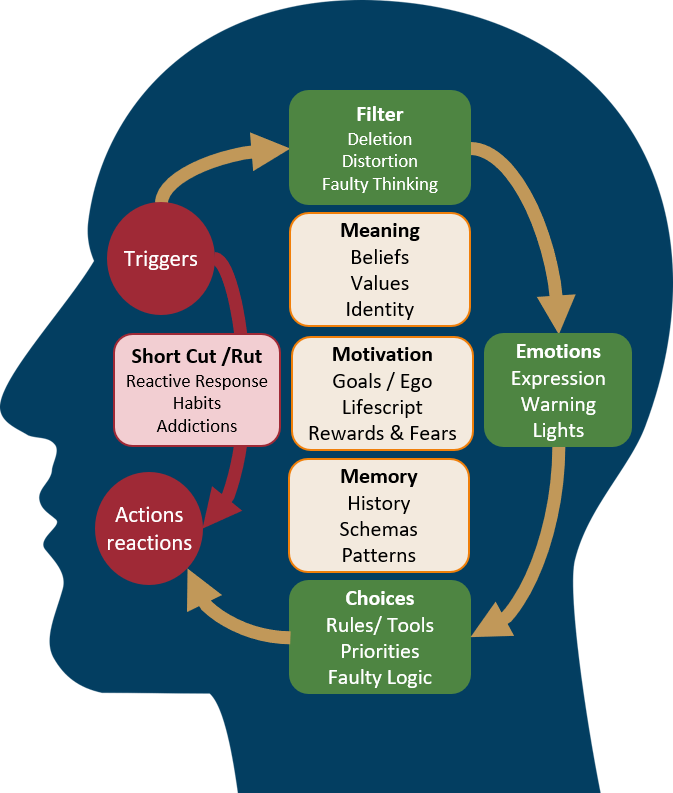 Falling in love can grow into love - if you set yourself such a task. A more difficult task is to create love where there was no love in the beginning. Sometimes this is also possible if you manage to create strong relationships, if the soul is healthy and longs for love. nine0003
Falling in love can grow into love - if you set yourself such a task. A more difficult task is to create love where there was no love in the beginning. Sometimes this is also possible if you manage to create strong relationships, if the soul is healthy and longs for love. nine0003
Video from Yana Schastie: interview with Professor of Psychology N.I. Kozlov
Topics of conversation: What kind of woman do you need to be in order to successfully marry? How many times do men get married? Why are there so few normal men? Childfree. Parenting. What is love? A story that couldn't be better. Paying for the opportunity to be close to a beautiful woman.
- Love and falling in love
- Author N.I. Kozlov
- Psychology
- Love, male-female
- Falling in love
Comments (11):
Guest, January 04, 2014, 07:20 PM
"I LOVE MYSELF WHEN I LOVE YOU.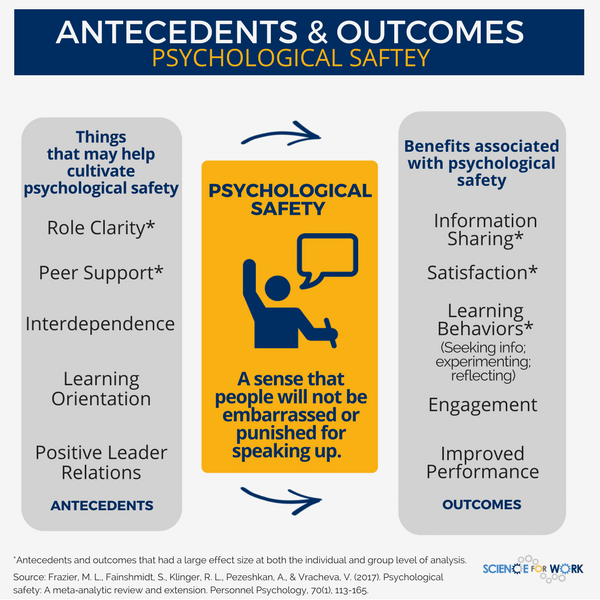 .." - what's that? Selfishness, whim, love?
.." - what's that? Selfishness, whim, love?
Guest, January 06, 2014, 09:54
It seems that this is only the beginning of the article, and not the whole article...
1
reply Kozlov, 06 January 2014, 03:23 pm
Please write a list of questions on the topic "In love" that you would like to receive answers to? nine0003
1
reply
Guest, 08 January 2014, 18:08
The chemical composition of being in love, love. Comparison of love and falling in love READ MORE. Like falling in love: 1. Develop 2. Slow down. A good test on the topic of whims and fantasies - did you come up with love for yourself and believe it? Love in teenagers and after 40 - the difference?
Guest, Jan 08, 2014 05:02 AM
Unbelievable. I read, and not a single topic of any article is close to me ... Are these not Russians writing?
Guest, January 18, 2014, 11:32 pm
I completely disagree that being in love strives to get more, love cares to give. They mixed up something, Egoism strives to get more, and being in love is Love. Where does the word love come from? From the combination of B and Love. This means that a person is in a state of love, and she always gives and gives love. Do not confuse with Egoism.
They mixed up something, Egoism strives to get more, and being in love is Love. Where does the word love come from? From the combination of B and Love. This means that a person is in a state of love, and she always gives and gives love. Do not confuse with Egoism.
2
replies
Guest, November 14, 2014 8:43 PM
Agreed. nine0003
Guest, June 17, 2020, 02:02
In the comments, one can feel the negative from those who like to suffer for unrequited “love”, hunters for thrills and passions-faces.
Guest, July 26, 2014, 9:00 pm
Cool article!
1
Reply
RiK, December 29, 2015 05:04 AM
I didn't like it that much.
Elena, October 29, 2015, 9:12 pm
"In Russian it is worded differently: 'I have a crush on her', 'I've got a crush on her', 'He's blown my mind', 'she told me the brain blows ".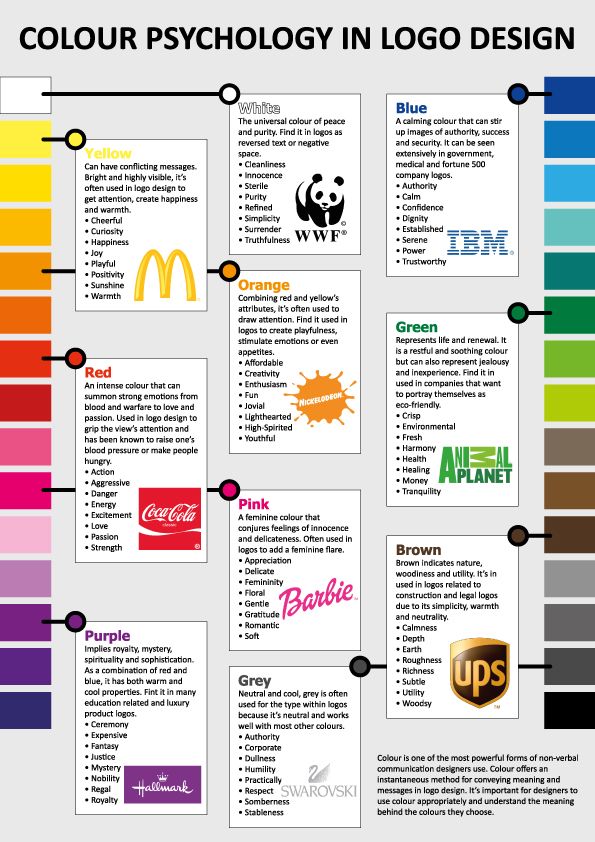 .." - it turns out to be said in Russian. nine0003
.." - it turns out to be said in Russian. nine0003
Related content:
Jan 01, 2011 2000
Gray and Assol: the art of love manipulation
The diabolical word "manipulation" is a direct threat to the romanticism of human relationships. In fact, romanticism requires efforts from a person, the essence of which boils down to the same manipulation. Poor Assol would have withered on her shore like a cypress, if the manipulator Gray had not started fussing with acrylic paint. They say that in love one loves, and the other amuses. Both amuse themselves, dear comrades. Each to the extent of his depravity. nine0003
15Read more
Jan 01 2000
How to determine if it is love or being in love?
Love and falling in love have many features and characteristics in common. You are drawn to your beloved, you want to snuggle up to him, thoughts strive for him, when he appears, attention is attracted to him like a magnet ... - everything is so, but this feeling may not yet be love, but only love.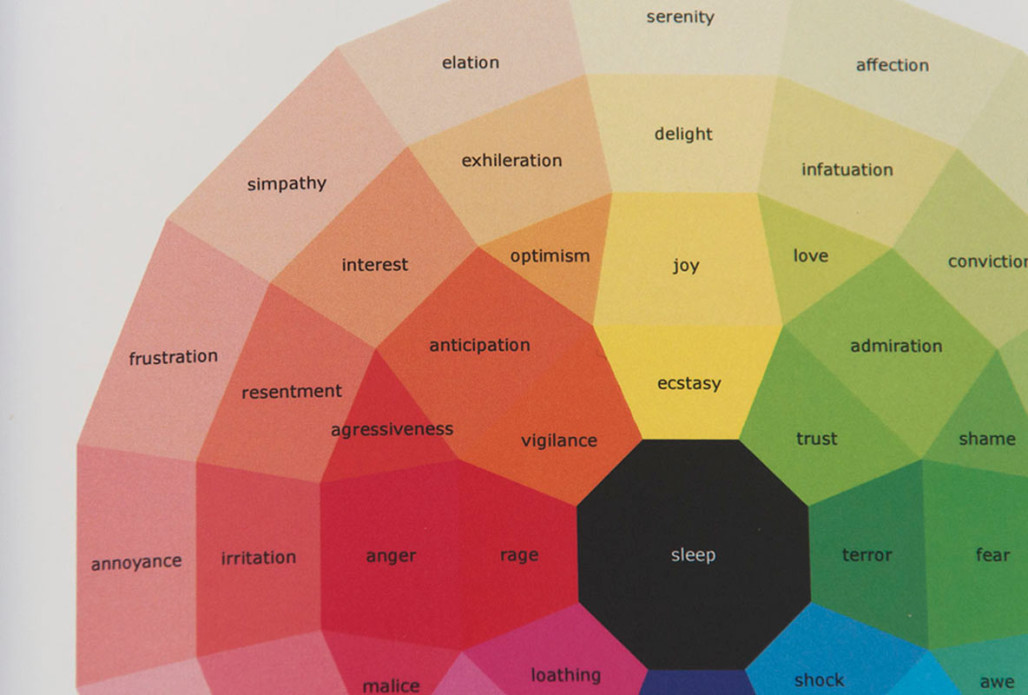 And how to figure it out? How to determine if this is love or infatuation? If you want to understand if this is love or in love with another person for you, you are more likely to be in love. If you are more concerned about whether you really have love, and not just being in love, there is a good chance that you are on the road of love. nine0003
And how to figure it out? How to determine if this is love or infatuation? If you want to understand if this is love or in love with another person for you, you are more likely to be in love. If you are more concerned about whether you really have love, and not just being in love, there is a good chance that you are on the road of love. nine0003
47Read more
20 Apr. 2014
How to get married happily
Get married - do not attack, no matter how married you are! These are two completely different tasks: one thing is to get married, the other is to get married happily. To marry happily is about how to find your man, it's how to find a worthy person, how to build and maintain a warm and open relationship with him. If you meet such a person, you will love him, but future happiness does not begin with a feeling of love, but with your ability to understand people. nine0003
42Read more
Jan 06 2013
Love of a man and a woman
In ordinary life, love is not often encountered, and what is found does not look like high love.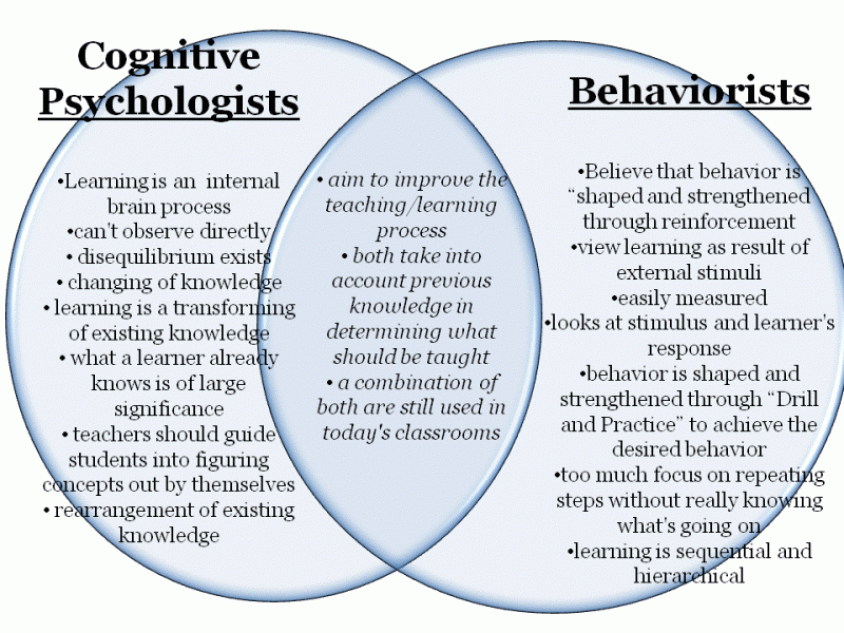 More often, love is called bodily craving for another person with sexual connotations, sometimes it is love, sometimes affection. They like to dream about true love, as about a high relationship between a man and a woman, in order to suddenly get it for themselves, in their lives, but rarely is anyone ready to learn to love, few are ready to invest in relationships so that they become relationships with love. nine0003
More often, love is called bodily craving for another person with sexual connotations, sometimes it is love, sometimes affection. They like to dream about true love, as about a high relationship between a man and a woman, in order to suddenly get it for themselves, in their lives, but rarely is anyone ready to learn to love, few are ready to invest in relationships so that they become relationships with love. nine0003
3Read more
Jan 01 2010
Can love burn for a lifetime?
When asked about love, I want to answer only with verses, but our answers will not be entirely romantic, much will have to be clarified.
3Read more
Jan 01 2012
Is it possible to create love without falling in love
Sometimes it works out. Who and under what conditions? There are interesting observations: if a family is created by decent people who know how to be grateful, then over time their relationship can gradually include elements of romanticism, even if at first there was no love between them. And as a result, well-established relationships can develop into true love, it happens! nine0003
And as a result, well-established relationships can develop into true love, it happens! nine0003
4More
Falling in love and the subconscious – Psychology PRO
Experiences/Psychology of relationships
Posted by Author: Igor Satorin / 234 comments
Falling in love is an intense, emotional experience that the lover "blindly" projects onto the object of his feelings. Being in love is an illusion, because the lover loves not a real person, but his image in his mind. Being in love is a projection of one of the "mechanisms" of consciousness onto the outside world. What is this mechanism? Recently, in an article about debunking, I briefly touched on this topic. Here I will try to describe the essence of what love is in more detail. nine0003
Unconscious love
I'll start a little from afar. Our unconscious is a collection of various mental processes that we are not aware of.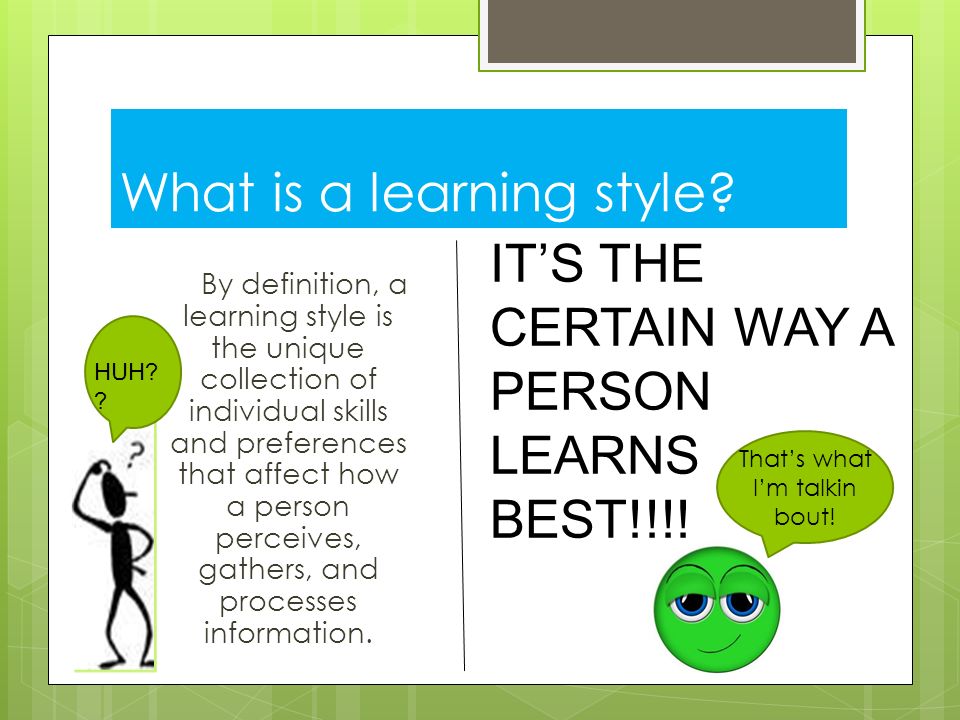 All these processes are the cause and basis of what we think and feel in everyday life. Unconscious processes can be conditionally divided into levels that are associated with our past and future stages of development. “Low-level” subconscious processes contain “information” from our past. These are the stages of development, which, relatively speaking, go back to our childhood and further to the animal nature. The "high-level" processes of the unconscious are our potential, a refined part of our psyche, which is still destined to manifest itself if we do not stop in our development. Until then, these processes manifest themselves indirectly, in short fragments, from time to time, sometimes as the most beautiful, refined and bright experiences, a kind of psychic diamonds that a person passionately desires to master. And because the nature of the emergence of these "diamonds" is unknown to us, we mistakenly begin to associate their manifestation with another person in whose society these "jewels" of our unconscious manifested themselves.
All these processes are the cause and basis of what we think and feel in everyday life. Unconscious processes can be conditionally divided into levels that are associated with our past and future stages of development. “Low-level” subconscious processes contain “information” from our past. These are the stages of development, which, relatively speaking, go back to our childhood and further to the animal nature. The "high-level" processes of the unconscious are our potential, a refined part of our psyche, which is still destined to manifest itself if we do not stop in our development. Until then, these processes manifest themselves indirectly, in short fragments, from time to time, sometimes as the most beautiful, refined and bright experiences, a kind of psychic diamonds that a person passionately desires to master. And because the nature of the emergence of these "diamonds" is unknown to us, we mistakenly begin to associate their manifestation with another person in whose society these "jewels" of our unconscious manifested themselves. That's how love comes about. We simply project the brightest parts of our psyche onto a person, in whose society they emerge from our unconscious. nine0003
That's how love comes about. We simply project the brightest parts of our psyche onto a person, in whose society they emerge from our unconscious. nine0003
Beloved is the “key” to the door of the pantry of the subconscious, behind which our psychic “diamonds” are stored. The image of a loved one - one of these diamonds - is a harmonious facet of our insides, which is suppressed under layers of experiences deep in the subconscious. Beloved - this is the lover himself, in that hypostasis of his, which he is not yet able to accept in himself. Why can't we be ourselves without any illusory projections? Our unconscious is immeasurably larger than what the everyday conscious part of the psyche is. High-level processes of the unconscious “contain” both “bright” and ordered experiences, and experiences that a person is not ready to accept and “digest” yet. Some of these experiences may manifest as longing, sadness, mental pain, "emptiness", sadness, anxiety, etc. You can designate them as "blocks" on the path to mental diamonds.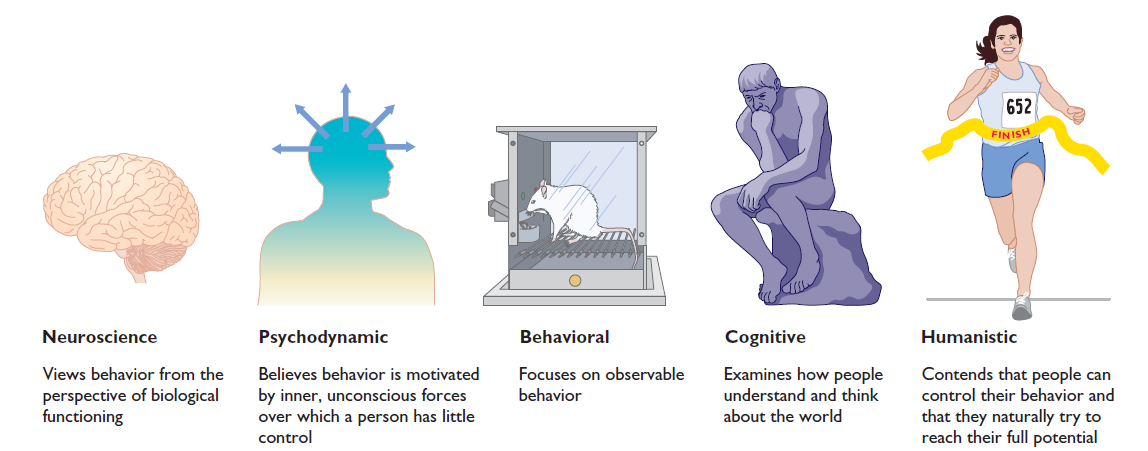 In this sense, a person is often, no matter how strange it may sound, not able to be himself, and therefore projects his mental processes onto the outside world. The psychic diamond of the subconscious is embodied in the image of a loved one. The mental pain caused by "passing" through the "blocks" of the subconscious is attributed to separation from the object of love. I will probably return to the subconscious with its "levels" in some other article, but for now let's continue about our "elephants" in love. nine0003
In this sense, a person is often, no matter how strange it may sound, not able to be himself, and therefore projects his mental processes onto the outside world. The psychic diamond of the subconscious is embodied in the image of a loved one. The mental pain caused by "passing" through the "blocks" of the subconscious is attributed to separation from the object of love. I will probably return to the subconscious with its "levels" in some other article, but for now let's continue about our "elephants" in love. nine0003
Illusion of falling in love
Near the object of his love, a person begins to accept himself on a deep level, and therefore falls into dependence on a loved one. The person has experienced the “taste” and beauty of the psychic diamond and now yearns to possess it. This diamond is like a psychic magnet that attracts consciousness, makes it break through the thickets of the subconscious and experience all the darkness that stands in the way. Falling in love is an illusion of love, which turns into painful dependence, a sense of ownership and jealousy.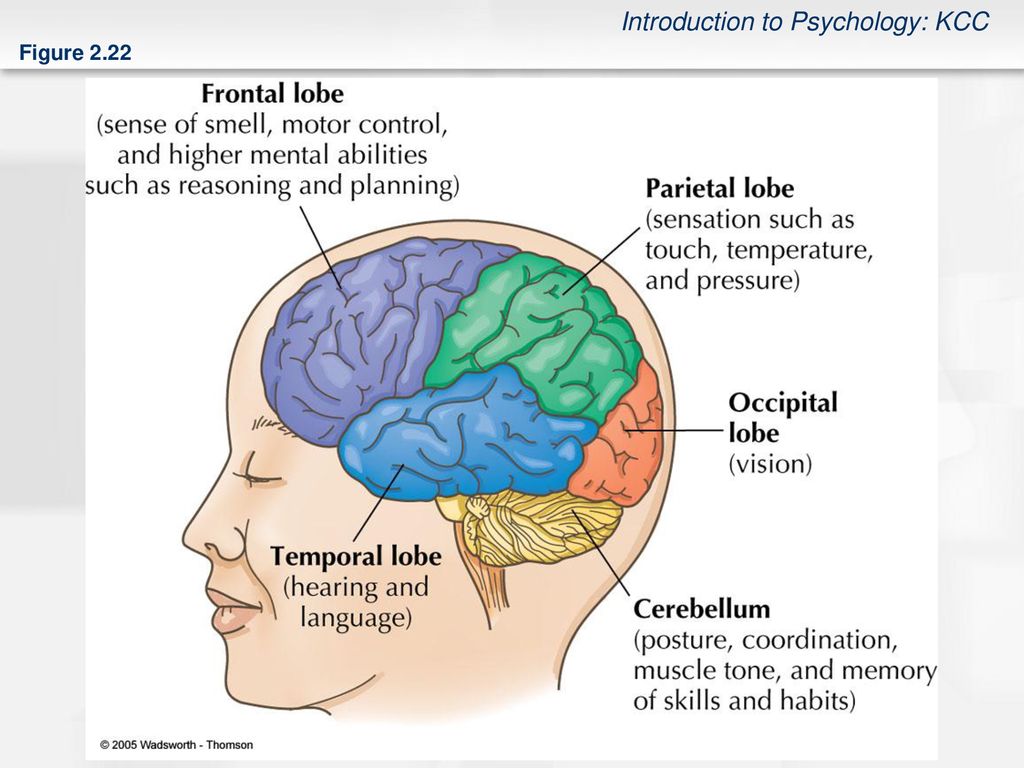 Sometimes, if you remove all these experiences, there is nothing left of love. Falling in love is an illusion also because the image of a loved one, unlike other images in the head, as a rule, is fundamentally different from a real person (the “object” of love on which this image is projected). nine0003
Sometimes, if you remove all these experiences, there is nothing left of love. Falling in love is an illusion also because the image of a loved one, unlike other images in the head, as a rule, is fundamentally different from a real person (the “object” of love on which this image is projected). nine0003
Amorousness indicates that a person has a connection with his "superconscious", but this connection is so indirect that a person is not capable of accepting a psychic "diamond" as a facet of his own psyche. The craving for this diamond can be passionate, the blind desire to “master” manifests itself at all levels: spiritual, emotional and bodily. As much as a person wants to take possession of his psychic diamond, so much does he want to own his beloved as an “object” of his illusory projection. The beloved is only a “tool”, a way to reflect what is happening in the lover’s own mind. In fact, without realizing it, the lover longs for unity with himself, because. this is what is the greatest bliss.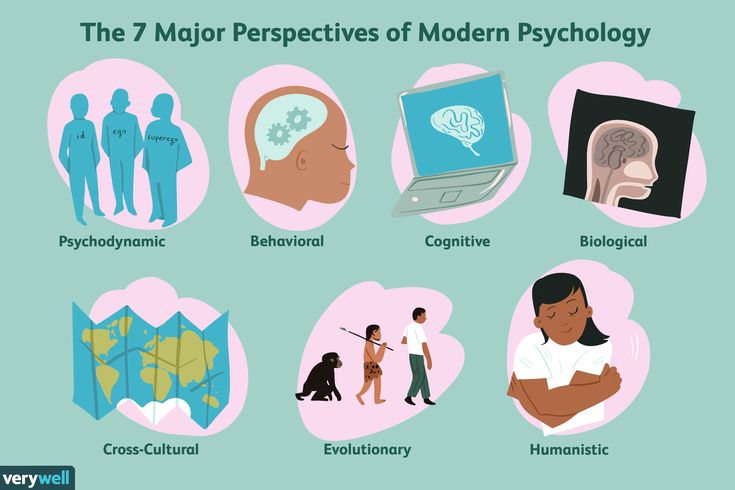 And he is in love with himself, because. only he himself is the one in whom true unity can occur. nine0003
And he is in love with himself, because. only he himself is the one in whom true unity can occur. nine0003
False gurus sometimes exploit the above-described psychic "mechanism" of falling in love. They deliberately build an image that captivates people, awakening in them "divine" experiences. And the sectarians project these experiences onto the image of the teacher. False teachers attribute to their "false influence" all the high experiences of their adherents. And they (this time quite rightly) attribute the emotional pain on the way to high experiences to working out their own “karma” of the students. It turns out that if the student is good - this is the "merit of the guru", and if it is bad - the merit of the student. The main thing is not to confuse. There is a separate article on this topic on progressman.ru about false teachers. Similar processes often manifest themselves in friendships, and in relationships in general, when we are drawn to a person by something from the depths of our own consciousness.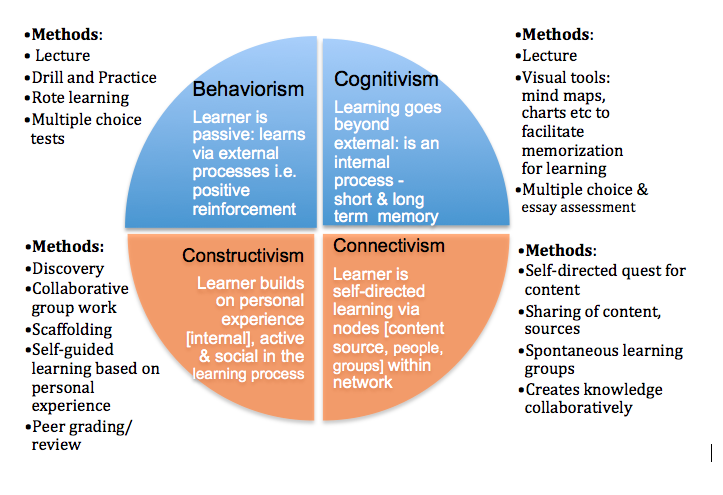 We project our pain and our joy onto the outside world. nine0003
We project our pain and our joy onto the outside world. nine0003
Being in love is a big illusion, that's why it is called "intoxicating", or even "intoxicating". Sometimes such an illusion lasts for years, especially if there is no opportunity to get to know the object of your love illusion better. Therefore, often (but not always) close communication, everyday life and living together destroy falling in love, because in this way the lover gets to know the object of his “love” better, and begins to notice the difference between the “contrived image” of his projection and a real person. This “difference” is the cause of most disappointments in relationships with people in general. For this reason, people who “enjoy” falling in love may unconsciously keep themselves away from the object of their feelings in order not to be disappointed longer. Sometimes this results in falling in love with a distant idol, with whom there is no way to communicate in life. But even real-life communication does not help in especially severe cases of “stupefying”, and the lover, against the background of his feelings, simply does not notice the shortcomings of the object onto which these feelings are projected.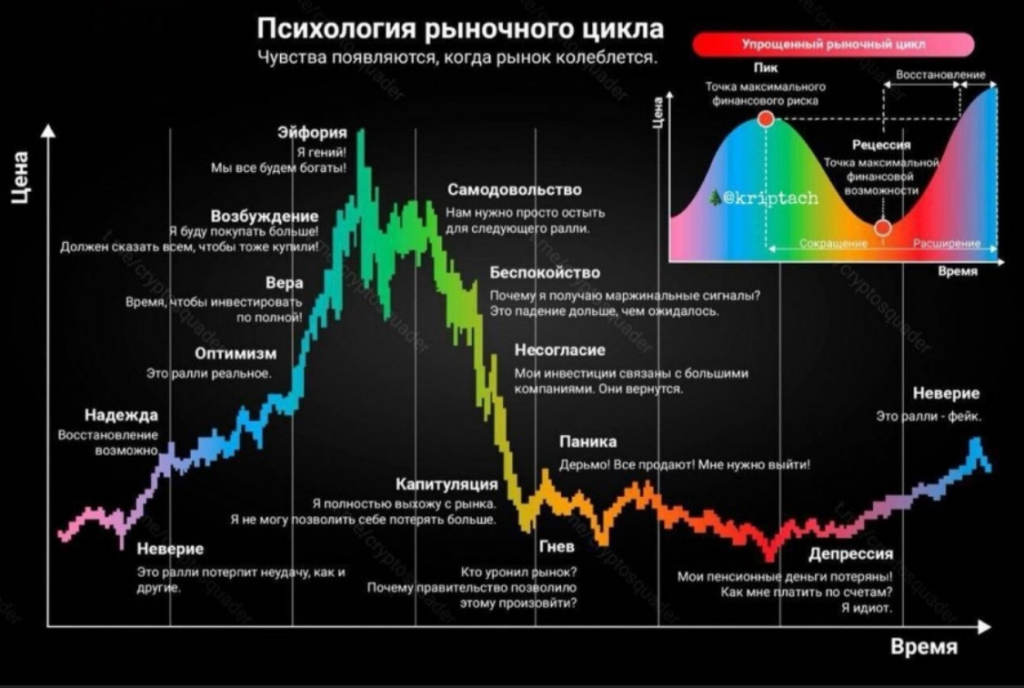 nine0003
nine0003
In close communication with a loved one, falling in love does not disappear immediately even in such rare cases when the object of “falling in love” is really in something, or even in many ways “coincides” with the image with which the person is in love. That is, this is a paradoxical case when a loved one really has the qualities for which he is loved. Or, in other words, it really actively manifests the level of energy with which the projection of the lover resonates. In this vein, a person is loved for the quality that is manifested in him, but in himself is still suppressed in the unconscious. In this respect, falling in love is a powerful catalyst for personal development. But most often, such realism of projections is manifested not in passionate love, but in balanced love, about which I intend to write a separate article in the near future. Love can pass either when the lover himself reaches this “energy level” and acquires his psychic diamond, or when this psychic energy suppressed in the subconscious is exhausted and the subconscious stresses that block this refined psychic energy cease to put pressure on karma with painful desire.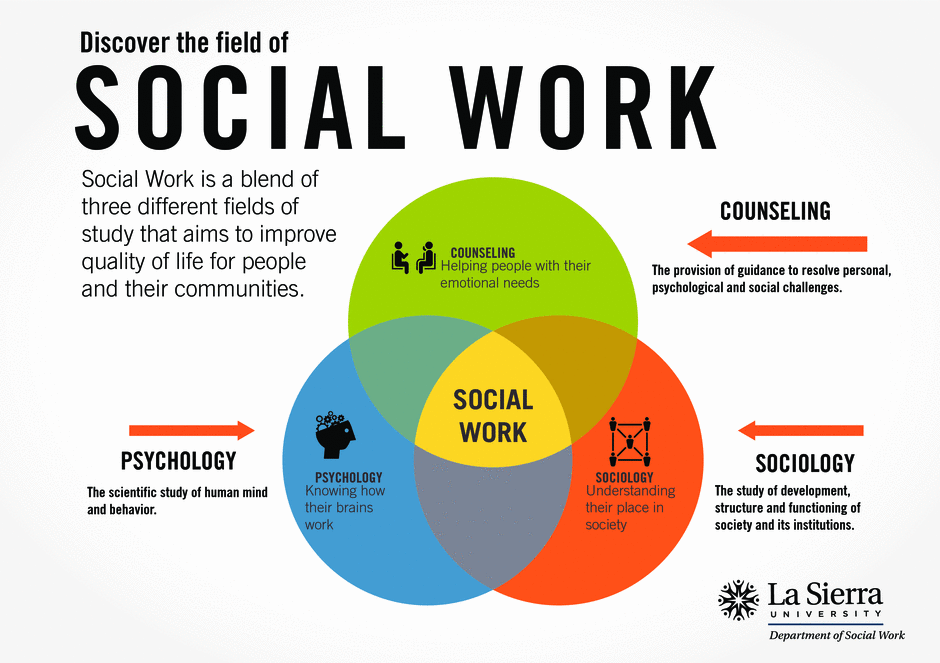 In the latter case, emptiness comes to the place of "falling in love", because yesterday's lover today has nothing to resonate with the energy of the object of his yesterday's "love". nine0003
In the latter case, emptiness comes to the place of "falling in love", because yesterday's lover today has nothing to resonate with the energy of the object of his yesterday's "love". nine0003
Approaching the object of love gives pleasure, distance - suffering. And in suffering, the soul, as you know, develops. This suffering is that block of stress through which a person gradually breaks through to his psychic diamond at the depth of his soul. Love is one of the mechanisms of personality development. True approach to the inner diamond without any passing projections gives a feeling of self-sufficient satisfaction, as if you are successfully moving up the career ladder of the soul. It is a difficult and often long path to wisdom, which patiently waits for its time in the depths of our insides. nine0003
© Igor Satorin
Other related articles
falling in love, love, subconsciousness, projections, psychology of relationships
To clarify your unique situation more thoroughly, you can have a Skype consultation with me.